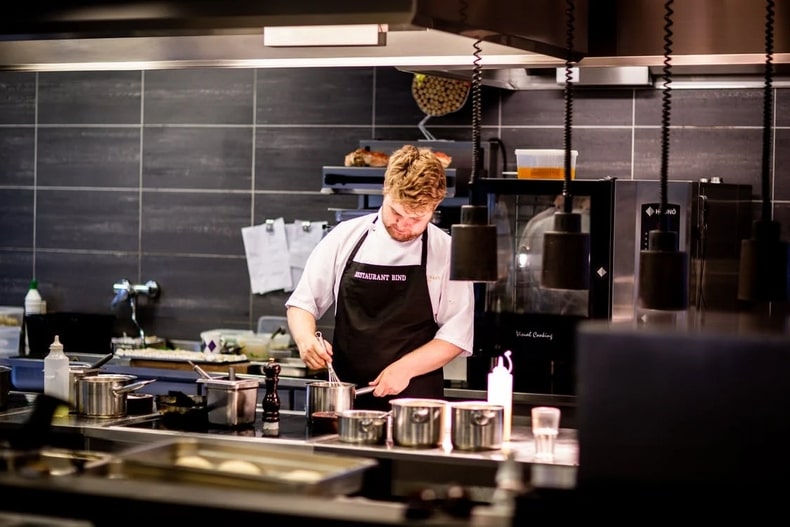10 Tips for Running a Successful Cloud Kitchen
A cloud kitchen is a commercial kitchen that only provides food delivery, with no dine-in or takeaway service. Cloud kitchens are also known as dark, virtual, or ghost kitchens. Cloud kitchens are a relatively new concept, but they are becoming increasingly popular, particularly in urban areas. They offer many advantages for both restaurant owners and customers. If you’re thinking of starting a cloud kitchen or already have one, here are some tips to help you run a successful business, including investing in the right technology, such as a management platform.
1. Invest in kitchen management software
A kitchen management software is a must-have for any cloud kitchen. It helps you manage orders, track inventory, and schedule production. There are many different kitchen management software programs available, so choose one that meets your specific needs. The management platform you choose should also be easy to use and allow you to connect with delivery services. When selecting kitchen management software, scalability, integrations, and customer support are also important.
2. Location is key
The kitchen’s location is one of the most important factors to consider when starting a cloud kitchen. It should be an area with a high density of potential customers, such as a busy urban neighborhood. The Commercial Kitchen should also be easily accessible for delivery drivers. Consider the cost of rent when choosing a location for your cloud kitchen. A kitchen located far away from your target market makes delivery more expensive and less efficient.
3. Focus on quality
When it comes to food delivery, quality is critical. Customers are willing to pay more for quality food. Focus on creating dishes that are both delicious and visually appealing. Use fresh, high-quality ingredients, and make sure the food is cooked correctly. If you’re offering a limited menu, make sure each dish is exceptional. Set your dishes apart from the competition by offering unique flavor combinations or innovative presentations.
4. Promote your cloud kitchen
Let potential customers know about your cloud kitchen. Use social media, online advertising, and local marketing to promote your business. Make it easy for customers to find your menu online, and provide clear instructions for placing orders. You can also use promotional codes or discounts to encourage first-time customers to try your food.
5. Train your staff
Your staff is a crucial part of your cloud kitchen. Employees are responsible for preparing the food, packaging it correctly, and delivering it on time. Ensure your employees are adequately trained and have the necessary skills to do their jobs well.
In addition to cooking skills, your staff should also be knowledgeable about food safety and sanitation practices. Employees who directly interact with customers should also be friendly and professional.
6. Manage your finances
Running a cloud kitchen can be expensive; manage your finances carefully. Keep track of your income and expenses, and invest in quality kitchen equipment. Be sure to price your dishes correctly, and consider delivery fees when setting menu prices. Keep your menu flexible, so you can make changes if necessary.
7. Stay organized
An organized kitchen is an efficient kitchen. When everything has its place, it’s easier to find what you need and stay on top of orders. Invest in systems to help you keep track of inventory, manage orders, and schedule production.
8. Be flexible
The key to success in the food delivery business is flexibility. You can change your menu, prices, and delivery options quickly and easily with a cloud kitchen. It’s a massive advantage over traditional restaurants. If you’re not getting the results you want, don’t be afraid to make changes.
9. Keep your customers happy
Customer satisfaction should be a top priority for any business, but it’s crucial in food delivery. Keep track of customer feedback, and make changes to your menu or delivery process if necessary. If a customer is unhappy with their order, do whatever you can to make it right.
- Plan for the future
As your cloud kitchen grows, plan for the future. Establish goals and objectives, and develop a growth strategy. Keep track of your progress, and make changes to your business plan as needed. With careful planning, you’ll ensure that your cloud kitchen is successful for years to come.
Endnote
Running a cloud kitchen can be a lot of work, but it’s also a lot of fun. Be creative with your menu, and experiment with new recipes. Connect with your customers, build a community around your business, and above all, enjoy the ride.







